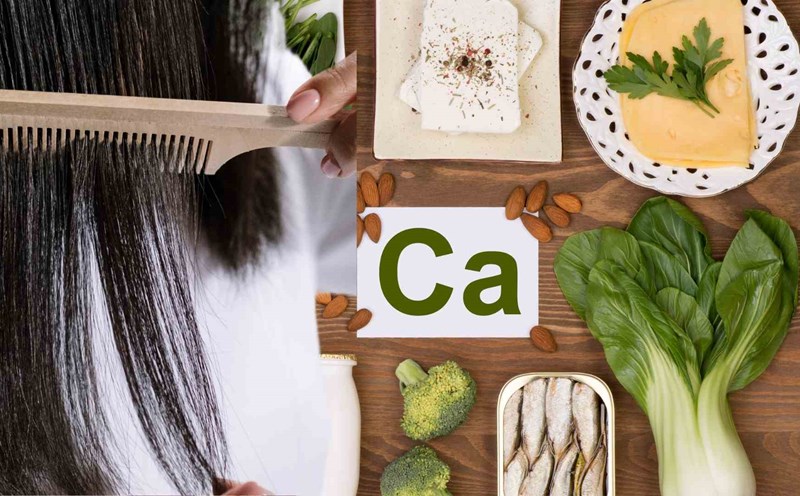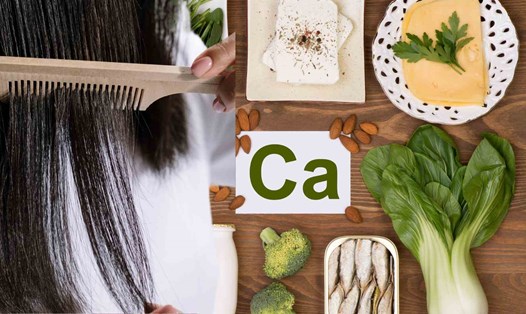Dr. Arvind Kaul, dermatologist at Max Multispecialty Center, Panchsheel Park (India) - said that many people with dandruff will scratch their heads and feel their hair falling out. They believe that dandruff is one of the causes of hair loss.
However, the main cause of hair loss is often due to other factors such as genetics, hormonal changes, stress, poor diet, or other medical conditions such as thyroid disorders or vitamin deficiencies, while dandruff is not a direct cause of hair loss.
Hair loss is when you lose more hair than the normal amount, around 50-100 strands a day. This happens entirely due to external factors or environmental reasons like pollution.
For example, most cases of hair loss are due to weight loss, pregnancy, micronutrient deficiencies, work stress, emotional trauma, surgery or febrile illnesses, treatments such as chemotherapy or radiation.
Typically, hair loss will be noticeable a few months after the stressful event, but it is temporary. As soon as your body adjusts and heals, the excessive hair loss will stop.
When your scalp is unhealthy, inflammation occurs, increasing the likelihood of fungal infections and flaking, also known as dandruff. This causes itching and leads to scratching, which damages the hair follicles and ultimately leads to hair loss.
Some cases of dandruff can be associated with inflammatory conditions of the scalp such as seborrheic dermatitis, and this inflammation can weaken hair and cause it to fall out.
Additionally, if dandruff flakes are not cleaned, they can build up and clog hair follicles, hindering hair growth, also leading to hair loss.
“That is why dandruff is considered to be the cause of hair loss. Scalp hygiene is very important and regular shampooing is the only solution to prevent fungal infections,” explains Dr Kaul.
Dr Kaul advises that people with hair loss can address vitamin and micronutrient deficiencies with appropriate medications and supplements.
Depending on the severity of hair loss, your dermatologist may recommend long-term medical intervention, medications, along with interventions such as transplants, platelet-rich plasma therapy, and infusions of growth factors into the blood.
“Medications like Minoxidil and Finasteride will help hair growth and Peptides can be used to improve the size of our hair follicles. The thickness of the hair follicles makes our hair look thicker. Copper peptides help improve blood flow to the scalp, ensuring fuller hair growth,” explains Dr Kaul.









